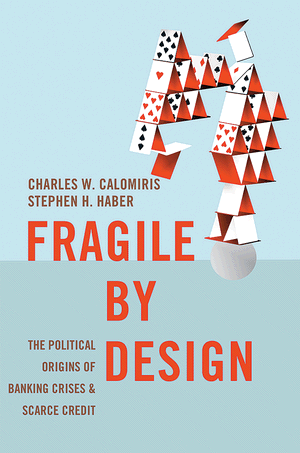John Coates recently posted a paper on SSRN entitled Cost-Benefit Analysis of Financial Regulation: Case Studies and Implications. This topic has been important ever since the D.C. Circuit struck down an SEC regulation for failing CBA in Business Roundtable in 2011. Glen Weyl and I held a conference on the topic last fall, and have written several papers arguing that, whatever one thinks of the reasoning in the (justly criticized) Business Roundtable case, CBA is the way to go.
The core of Coates’ paper is a description of efforts by agencies (and other institutions or persons) to perform CBAs of six major financial regulations. Coates persuasively argues that the existing CBAs fall flat and expresses skepticism that it is even possible, given the current state of knowledge, for meaningful CBAs of financial regulations (or certain financial regulations) to be conducted. What valuation should we assign to an avoided financial crisis? Hard to say. Coates concludes that while it makes sense for agencies to engage in cost-benefit balancing using rough guesstimates, their efforts should not be subject to judicial review.
Coates’ argument is sensible, but I am more optimistic than he is about the capacity of agencies to come up with numbers. This criticism–and many others that Coates makes–could be (and have been) made about other forms of CBA, for example, CBA of environmental regulation, which has improved greatly over the last 30 years but remains far from perfect. The fact is that when an agency proposes a capital adequacy rule, it is using an implicit valuation for an avoided crisis. The agency should be required to make that valuation explicit, and defend it. We can agree that a wide range of valuations is acceptable and also believe that public discussion of the range is useful.
I have mixed feelings about his criticisms of judicial review. On the one hand, it seems likely that if courts rigorously applied CBA to new financial regulations, we would not have any new financial regulations (a bad thing), at least not for some time. On the other hand, I’m not sure what will encourage agencies to perform CBAs properly–and this means paying money to consulting firms to generate valuations–if judicial review does not take place. OIRA has encouraged non-financial agencies to use CBA, but OIRA has more limited authority over the financial agencies–none at all in the case of the Fed.
 Lewisization and Gladwellization are synonyms for abuse of social science in the service of readability, or what one might prefer to call narrative-arcification. Lewis’ Flash Boys is the latest and most damaging because, while the book hovers around a real problem in financial markets related to high-frequency trading, it doesn’t identify it clearly or explain the need to regulate–indeed, one could finish the book thinking that the market cured itself.
Lewisization and Gladwellization are synonyms for abuse of social science in the service of readability, or what one might prefer to call narrative-arcification. Lewis’ Flash Boys is the latest and most damaging because, while the book hovers around a real problem in financial markets related to high-frequency trading, it doesn’t identify it clearly or explain the need to regulate–indeed, one could finish the book thinking that the market cured itself.
 Business Insider exaggerated when it announced that Goldman
Business Insider exaggerated when it announced that Goldman  The
The  Jeffrey Gordon has posted a
Jeffrey Gordon has posted a